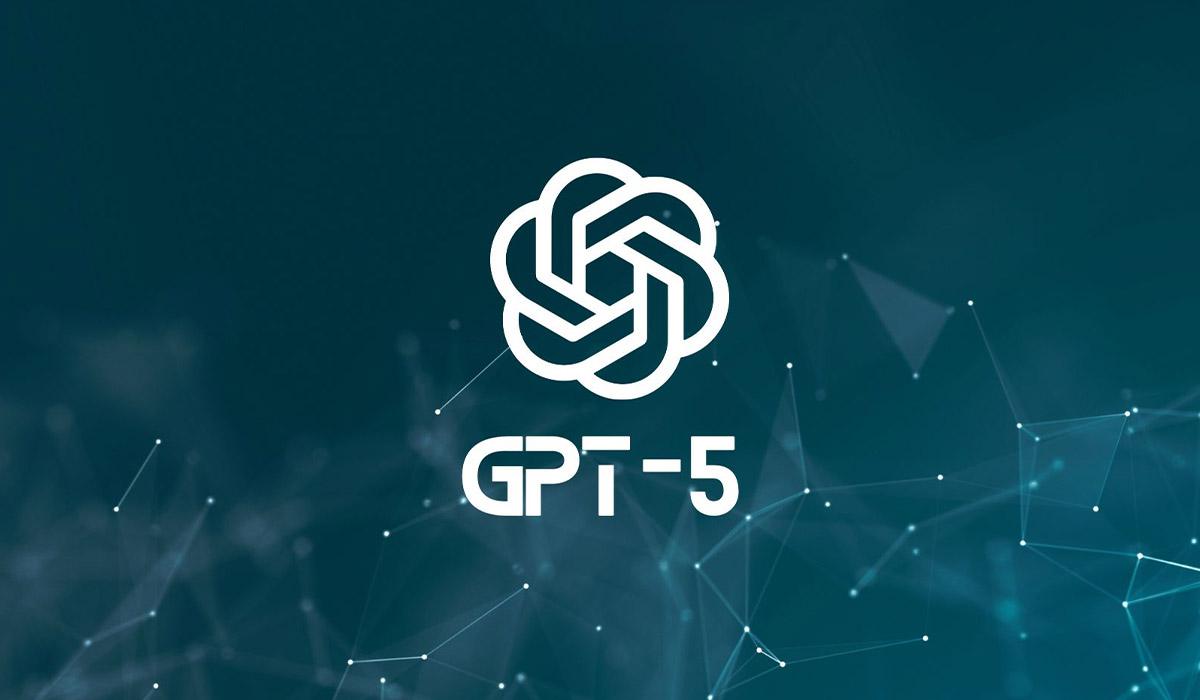OpenAI Launches ChatGPT-5, Marking Major Leap in AI Development
On August 7, OpenAI unveiled the long-anticipated ChatGPT-5, the latest generation of its flagship AI platform. The company highlighted what it calls major advancements in artificial intelligence as competition intensifies among tech giants worldwide.
According to OpenAI, ChatGPT-5 is being rolled out at no cost to all existing users, with the platform now serving nearly 700 million people each week. Speaking to the press, co-founder and CEO Sam Altman described the new release as “clearly a model that is generally intelligent,” while noting it still falls short of achieving full artificial general intelligence (AGI)—AI that can reason and learn like a human.
“This version doesn’t continuously adapt in real time based on new information it encounters, which is something I believe will be essential for AGI,” Altman said. “Still, the capabilities here are a substantial step forward.”
Industry leaders view such progress as ushering in a transformative era for work, creativity, and daily life. Meta CEO Mark Zuckerberg recently wrote that the rapid pace of AI breakthroughs puts “superintelligence” within reach, calling it “the beginning of a new era for humanity.” Altman echoed the sentiment, suggesting that far greater advancements are still ahead, albeit requiring massive investment in computing power.
Since the original ChatGPT’s debut in late 2022, rivals including Google, Microsoft, Amazon, Meta, and Elon Musk’s xAI have poured billions into AI development. Earlier this year, Chinese startup DeepSeek drew attention with a high-performance model that runs efficiently on less expensive hardware.
From High Schooler to PhD-Level Expert
In describing ChatGPT’s evolution, Altman compared GPT-3 to a high school student, GPT-4 to a college graduate, and GPT-5 to “a PhD-level expert in any subject.” Among its standout strengths, he cited coding, writing, and healthcare applications, as well as the emerging trend of “vibe-coding”—creating software on demand through natural conversation.
British AI specialist Simon Willison, who tested an early version, said GPT-5 “doesn’t feel like a dramatic leap” compared to other large language models, but praised its consistent accuracy and ability to impress. In contrast, Musk claimed on X (formerly Twitter) that his Grok 4 Heavy model outperforms GPT-5.
Built for Safety and Honesty
OpenAI’s safety research lead Alex Beutel explained that GPT-5 was trained to be more trustworthy, avoiding deceptive responses and steering clear of content that could be harmful. “We’ve designed evaluation systems to measure honesty and built the model to produce safe, responsible completions,” Beutel said.
Alongside GPT-5, OpenAI also released two open-weight AI models that can be freely downloaded and modified—an apparent move to compete with rival companies’ open-source offerings. This comes as OpenAI faces calls to be more transparent about its technology, reflecting its origins as a nonprofit organization.














